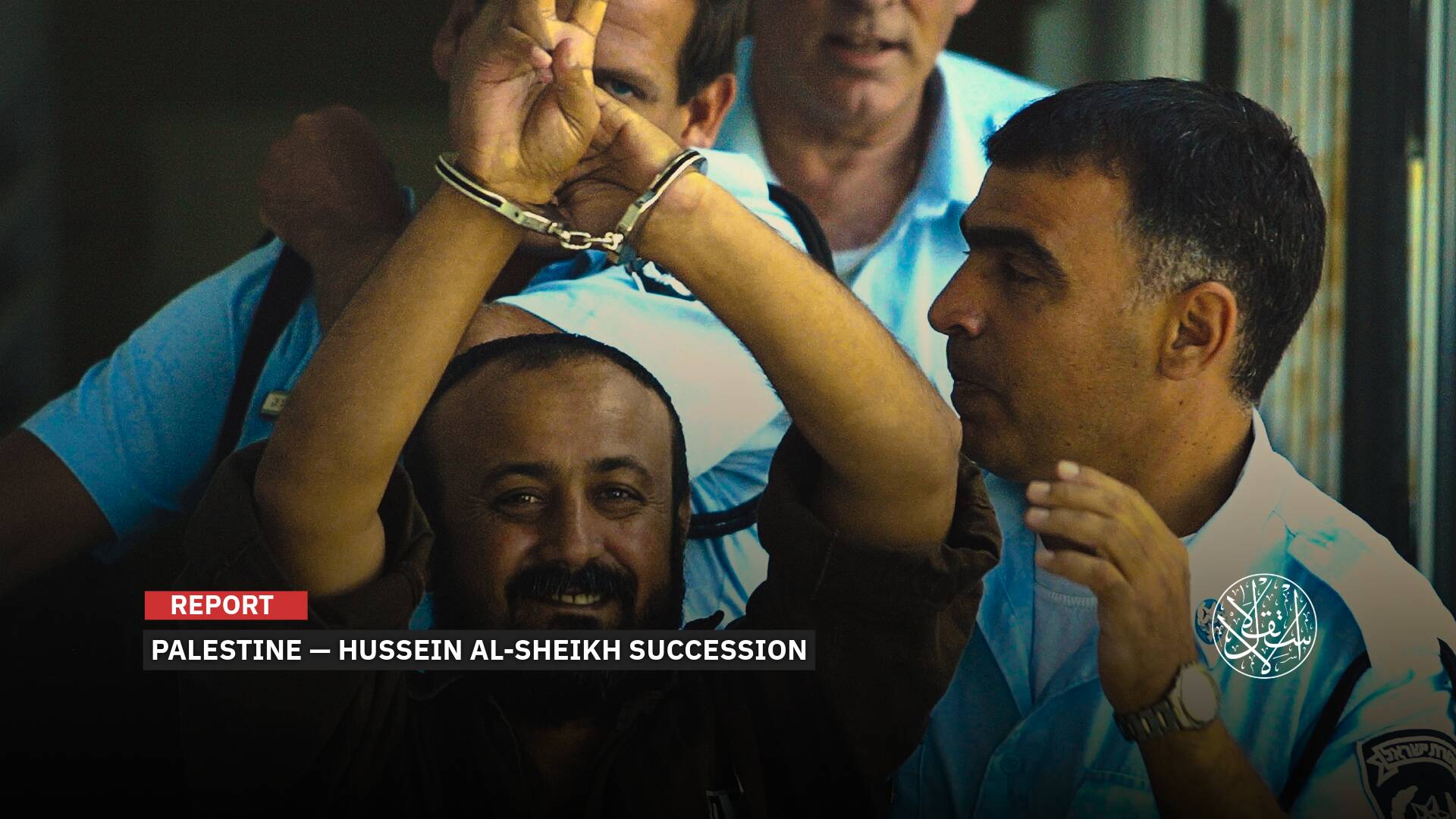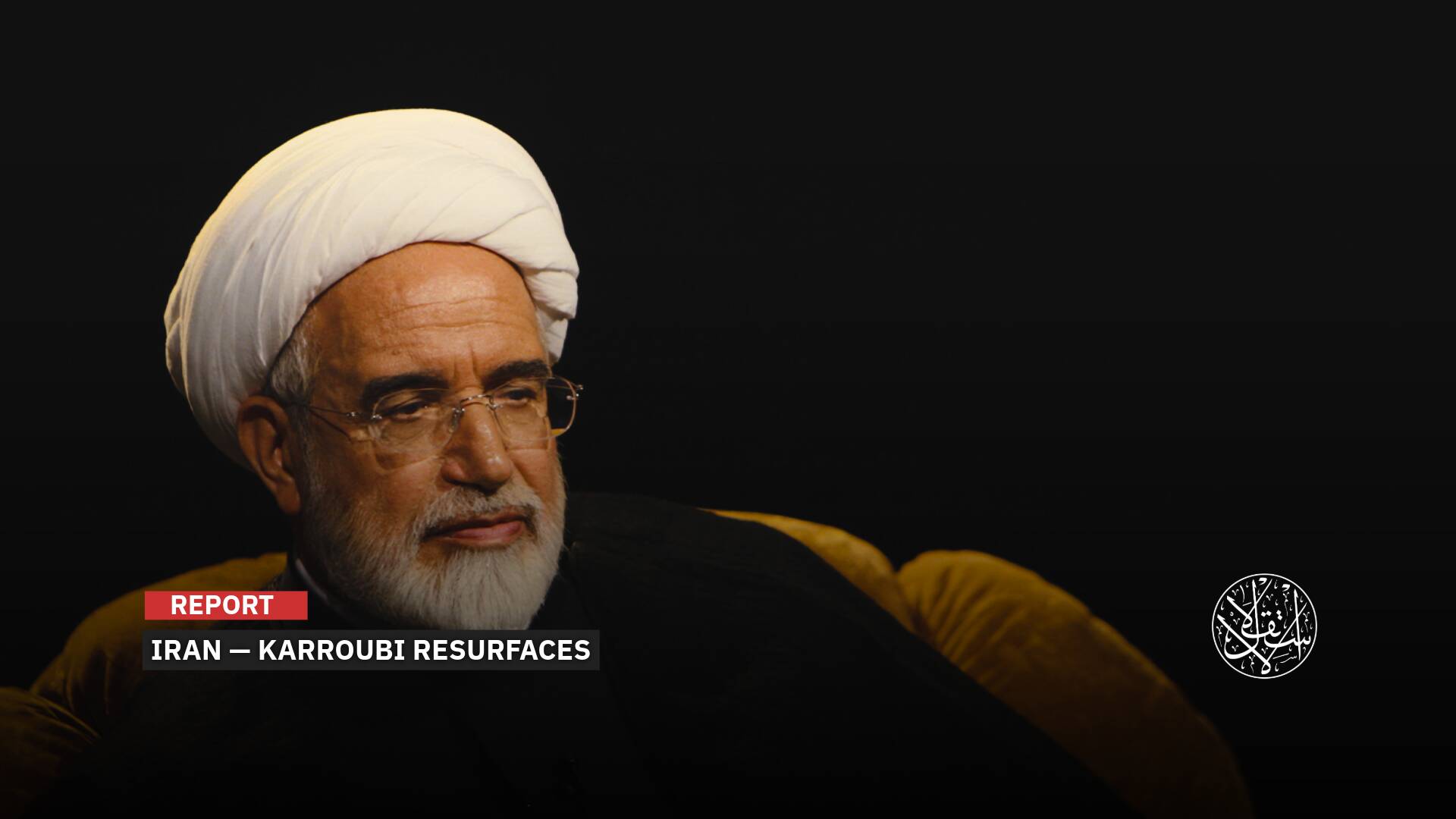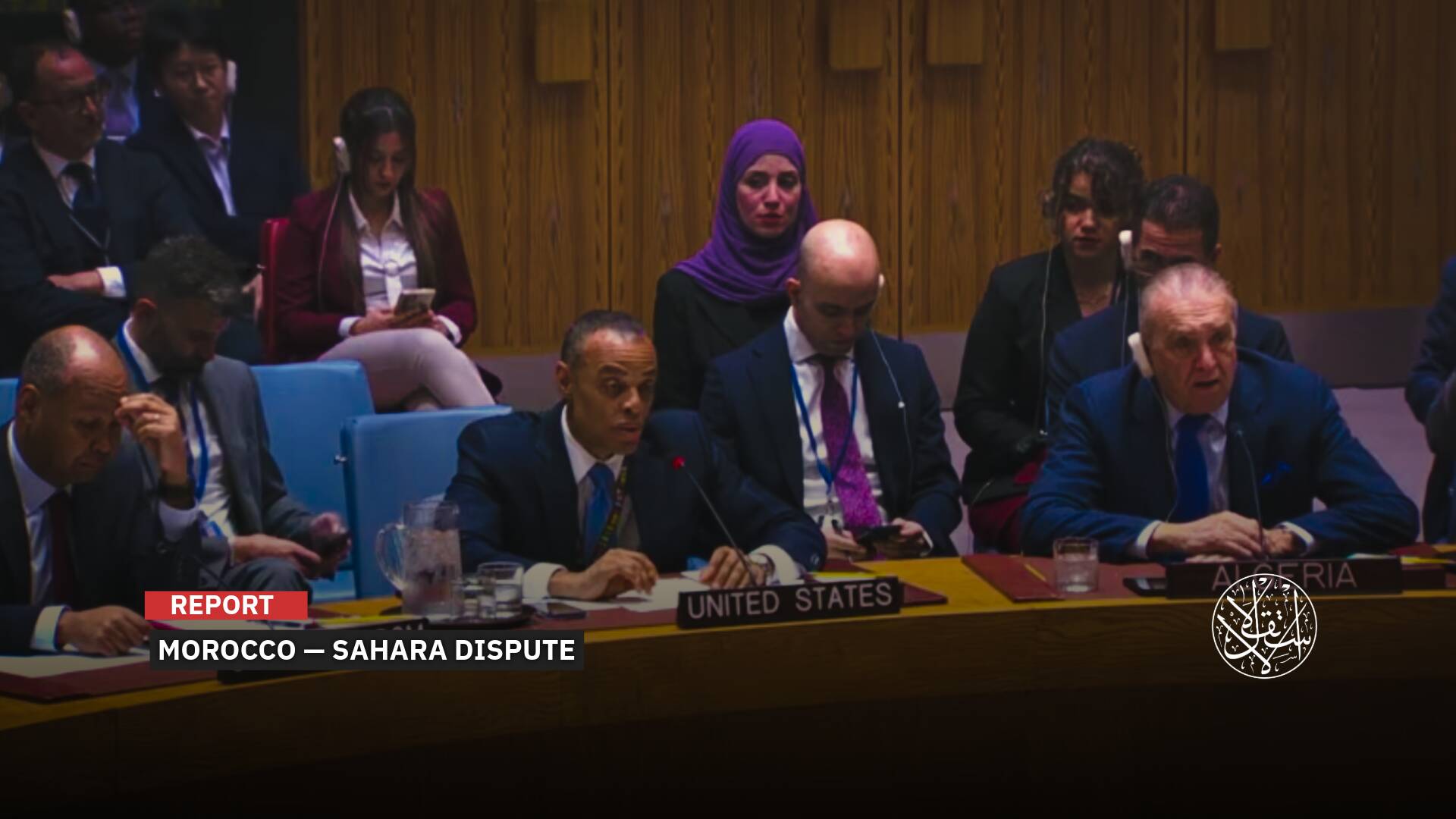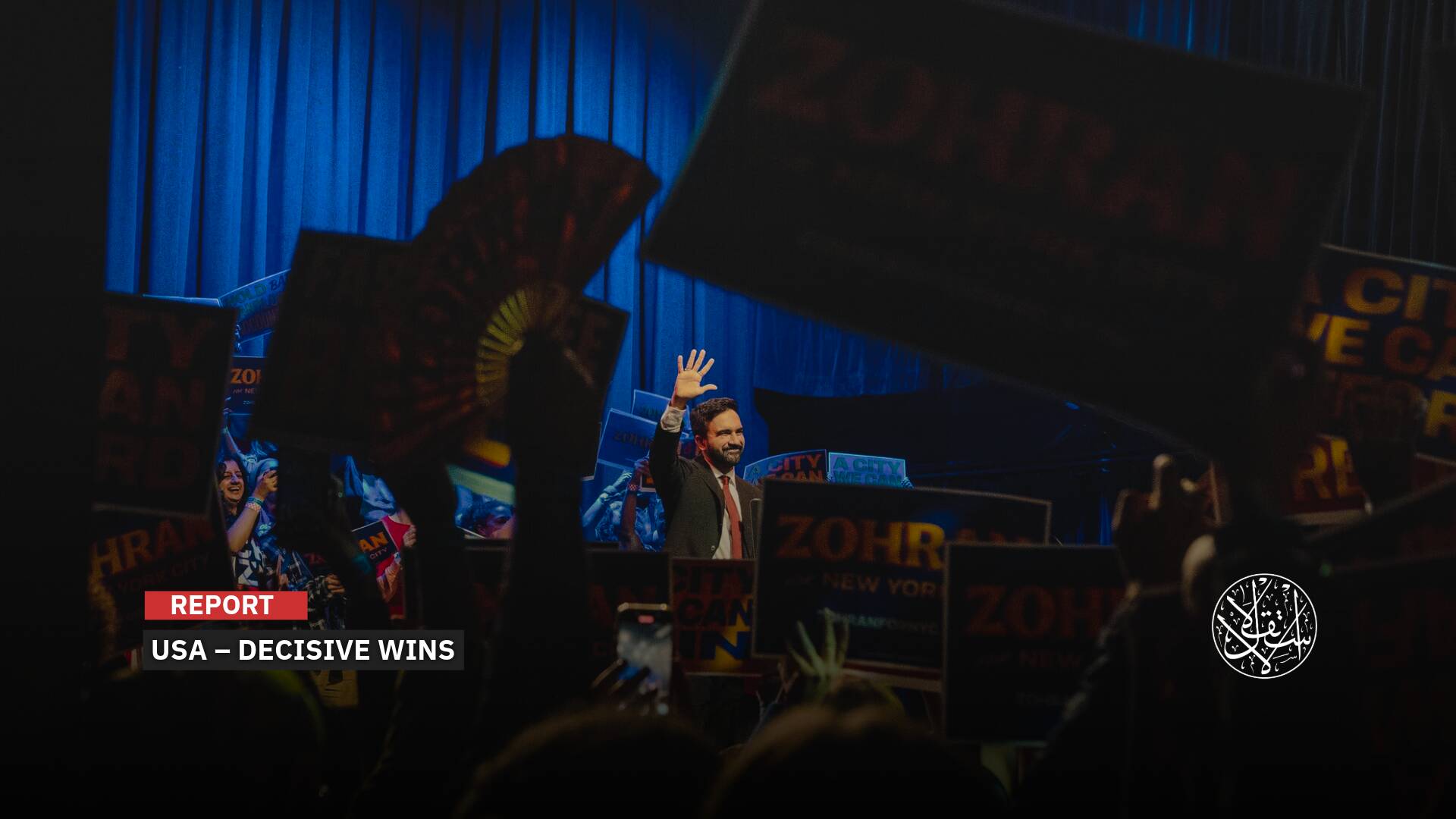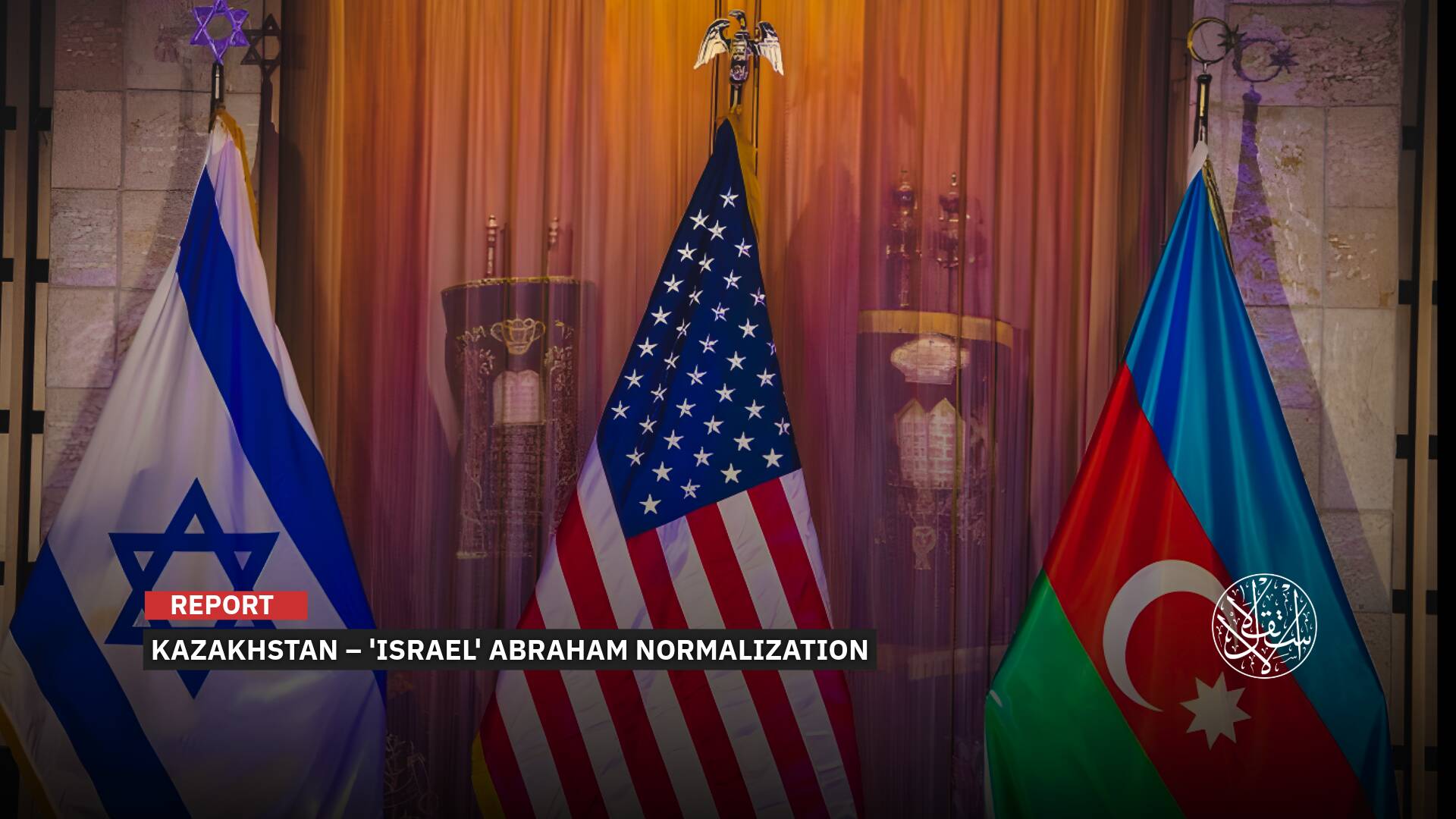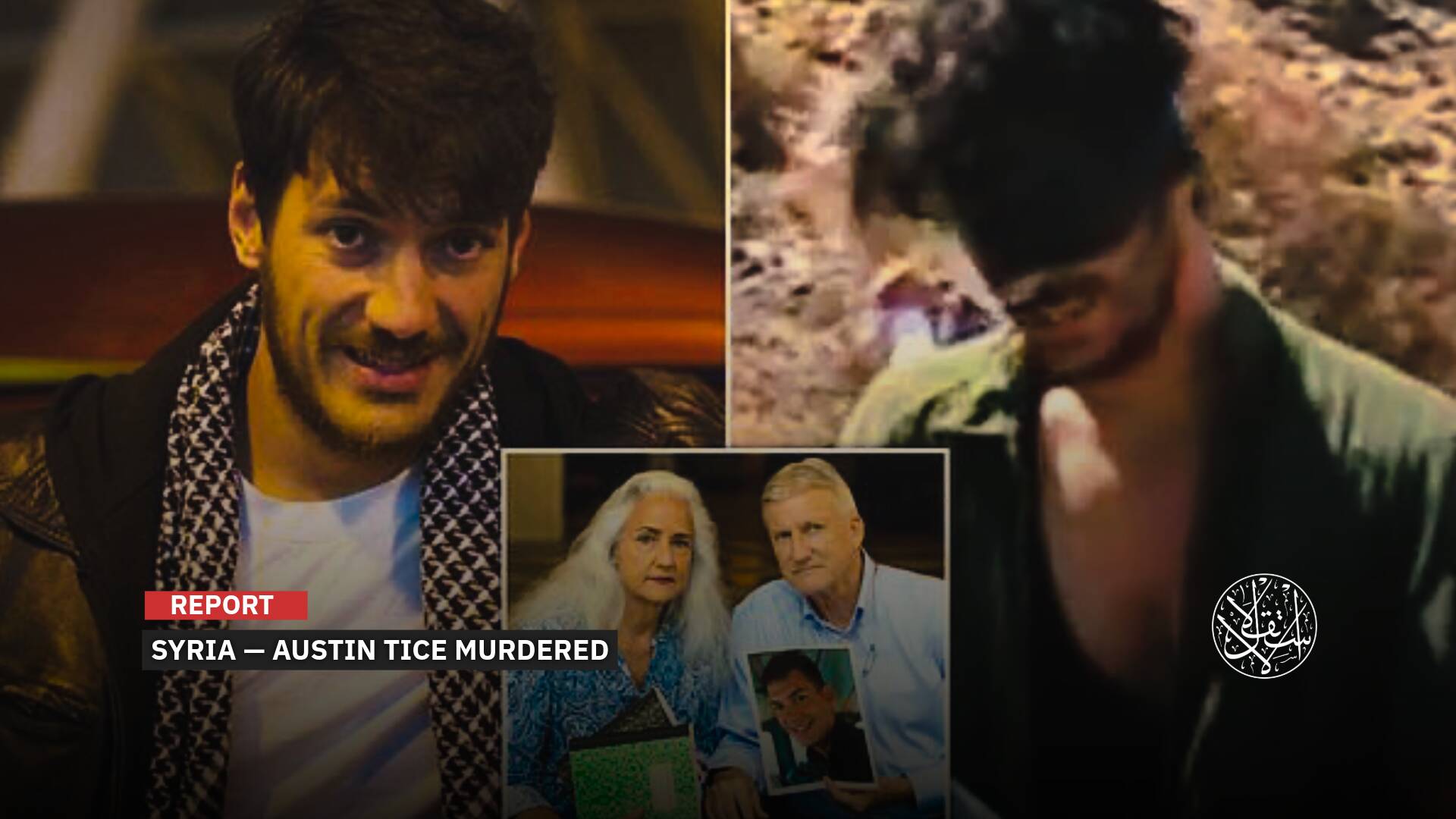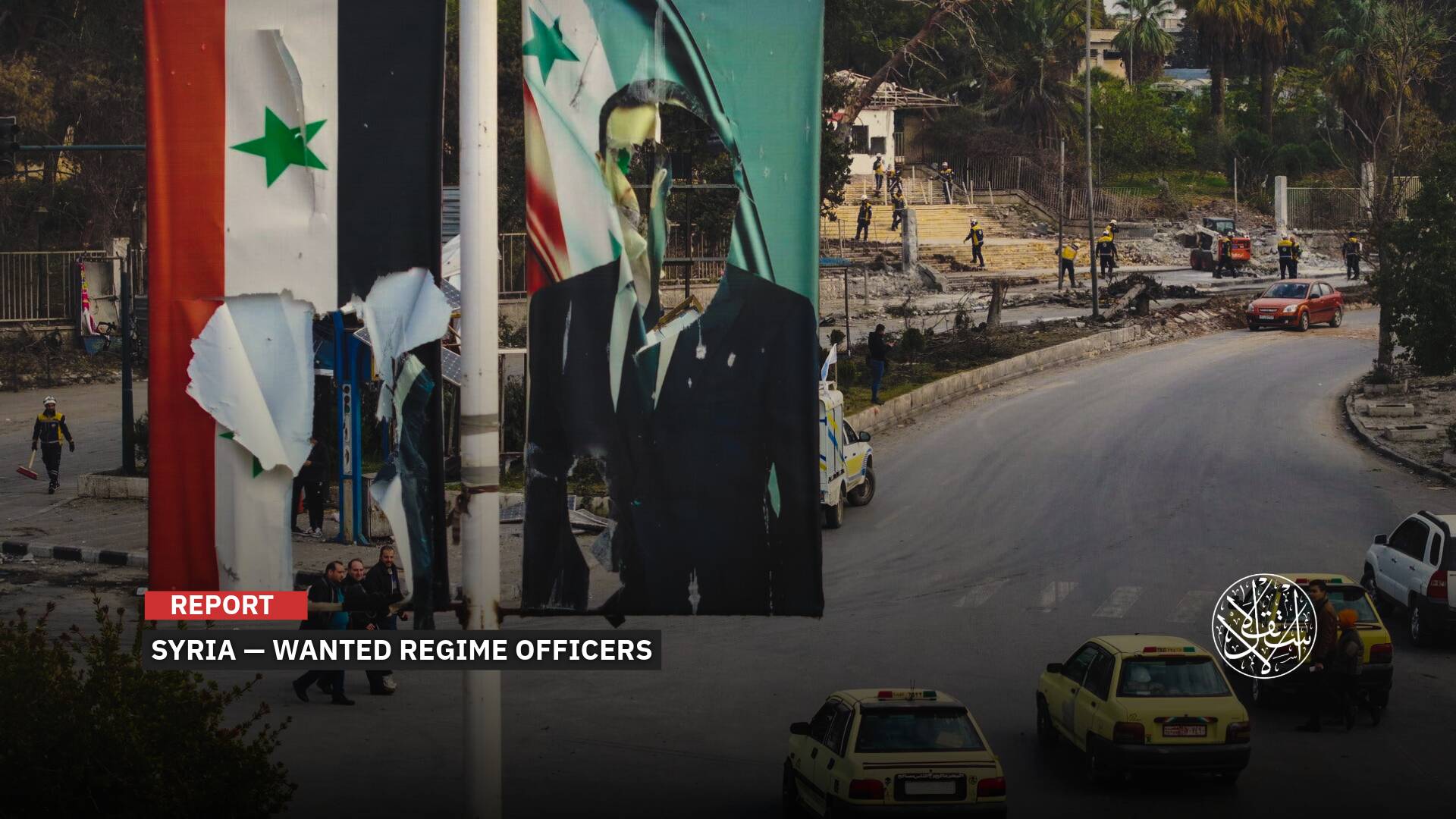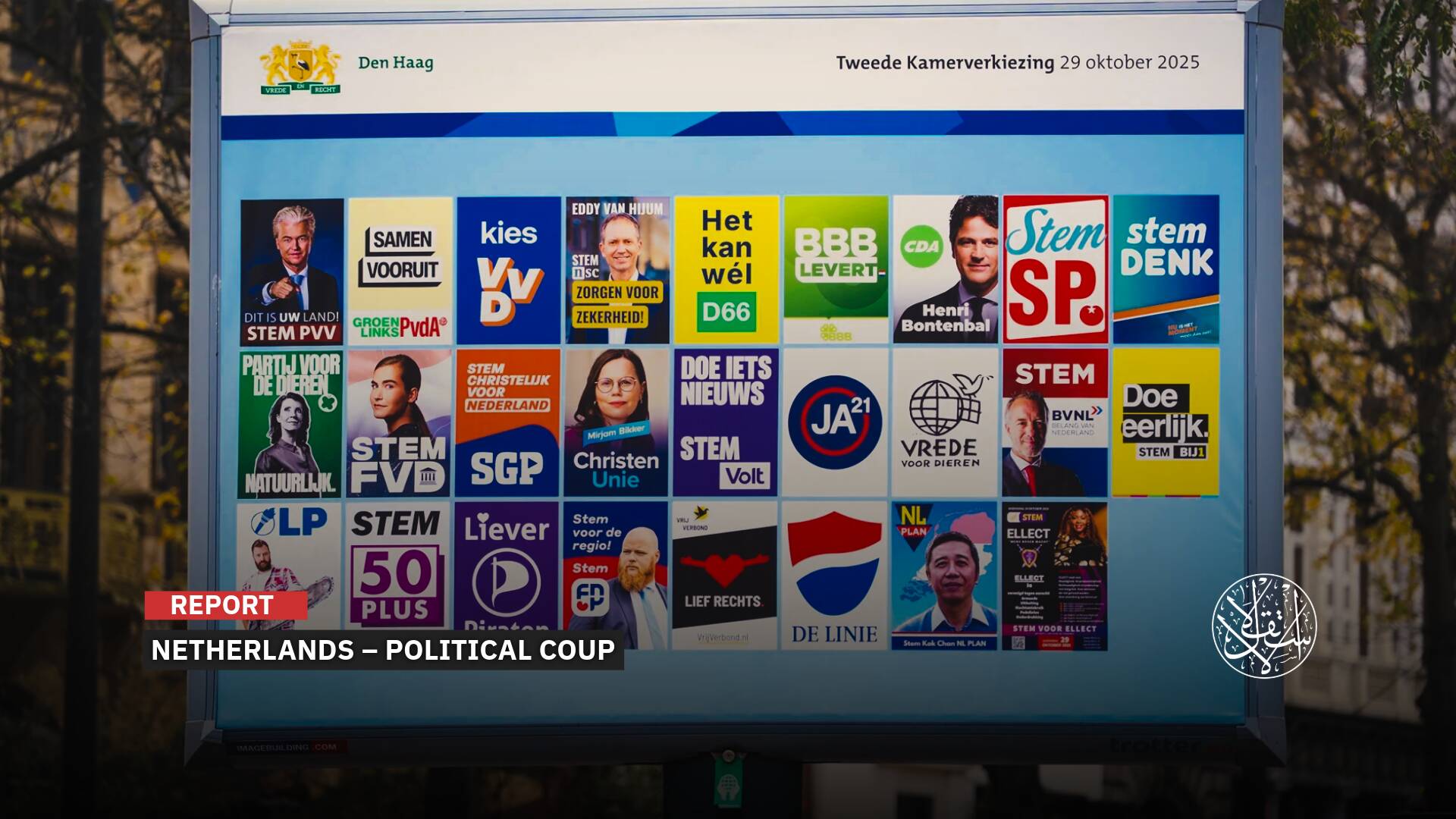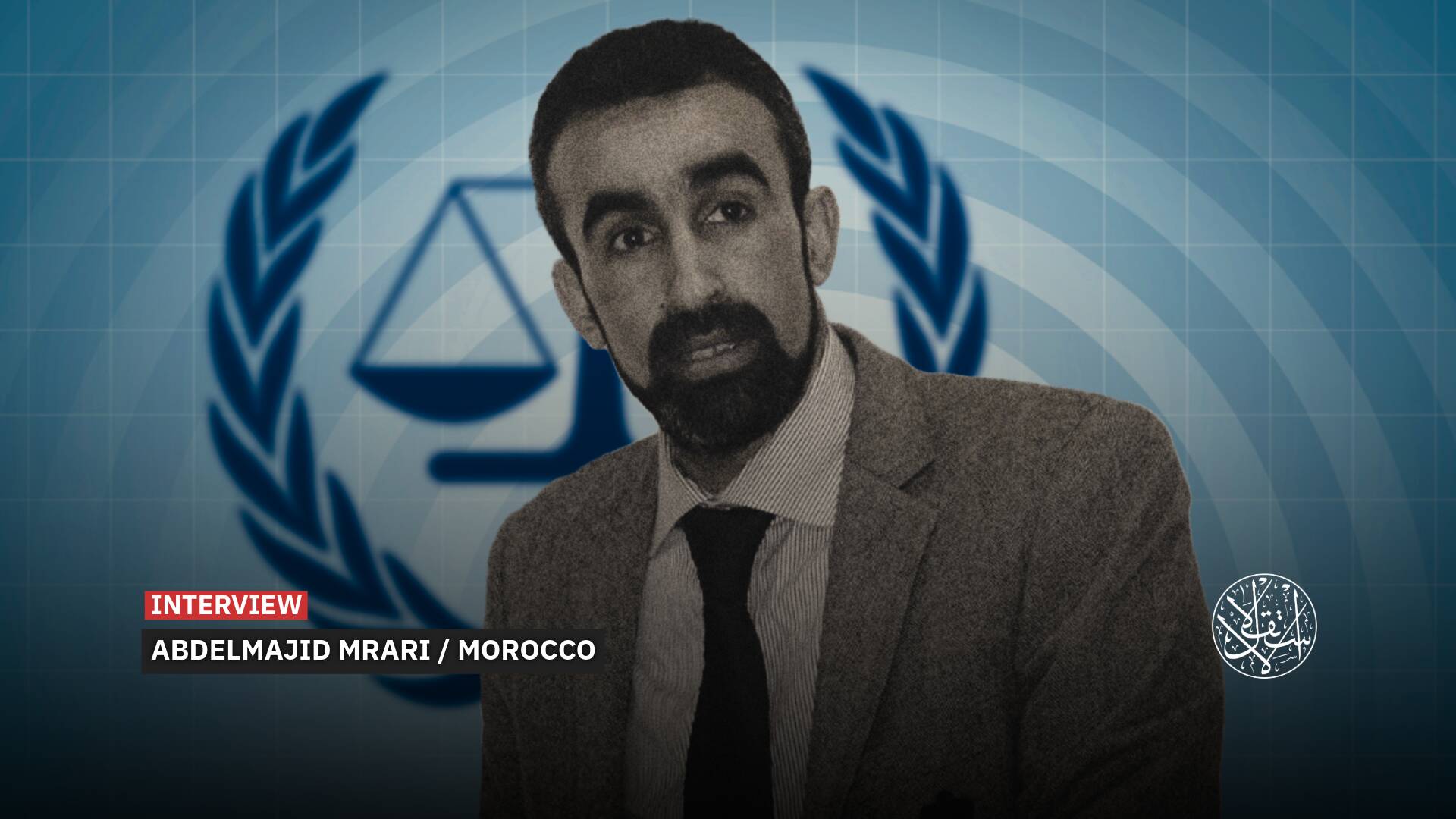France-‘Israel’ Tensions Rise Over Gaza and Sacred Sites

The relationship between the two men seems beyond repair due to fundamental differences.
A diplomatic crisis continues to unfold between France and “Israel,” with the latest flare-up occurring on November 7, 2025, during a visit to Jerusalem by French Foreign Affairs Minister Jean-Noel Barrot.
Barrot had been scheduled to visit the Eleona Church compound on the Mount of Olives, one of four holy sites in Jerusalem owned by France.
However, in a surprising move, Israeli police, in tandem with the minister's visit, raided the religious site without permission or prior coordination with French authorities.
Adding to the provocation, Israeli forces detained two French security personnel assigned to guard the church.
In response, Barrot canceled his planned visit to the site, and declared in anger “This violation of the integrity of a site under French responsibility risks undermining the ties I had come to nurture with Israel.”
The incident comes amid rising tensions between Israeli Prime Minister Benjamin Netanyahu and French President Emmanuel Macron, following Macron’s call to “stop arming Israel” in order to prevent their use in what he termed the "genocidal war" against Palestinians in Gaza.
Ambassador Recall Sparks Tensions
The French response was swift, coming on the same day as the incident, when the French Ministry of Foreign Affairs announced the recall of the Israeli ambassador to Paris.
In a statement posted on X, the Ministry expressed its protest over the Israeli police entering the site "carrying weapons" and "without authorization," describing it as a violation of French sovereign property on the Mount of Olives in Jerusalem.
It further condemned the presence of Israeli security forces at the site and the brief detention of two French security personnel from the gendarmerie, calling these actions "unacceptable."
Historically, similar diplomatic crises between France and “Israel” have been sparked by the very same church.
On October 25, 1996, the late French President Jacques Chirac visited “Israel” and toured the Old City of Jerusalem.
Upon arriving at the Eleona Church, he refused to enter after Israeli soldiers, heavily armed, entered the site ahead of him, causing his anger and frustration.
In 2020, French President Emmanuel Macron, during a visit to Jerusalem, demanded that Israeli security forces vacate the Saint Anne Church, which is part of the same religious compound, as a condition for his visit.
Given the sensitivity of this site for the French government, Netanyahu’s administration is well aware of the diplomatic weight it carries, yet the Israeli authorities appear to have deliberately escalated the situation.
The ‘EuroNaval’ Crisis
The question that arises is why “Israel” would take such a step against Macron's government in the first place, especially considering France is one of its strongest European supporters.
The reason lies in the fact that France, which had previously supported Israeli aggression in Gaza, began distancing itself from the Israeli government and its Prime Minister following their involvement in what could be termed a genocide, for which they are being prosecuted at both the International Court of Justice and the International Criminal Court.
In light of this shift, France barred “Israel” from participating in the "EuroNaval" naval defense exhibition, which took place from November 4 to 7, 2024, in the suburb of Villette, near Paris' Charles de Gaulle Airport.
Just days before the exhibition, on October 21, the organizing body announced that “Israel” would not be allowed to have a booth at the event or display its military products.
However, Israeli companies and individuals were still allowed to attend the exhibition and network as they wished.
This decision deeply angered Netanyahu’s far-right government.
In response, as reported by Al-Estiklal, then-Foreign Minister Israel Katz (who currently serves as Defense Minister) quickly wrote, “The Foreign Ministry has been instructed to file legal and diplomatic complaints against President Macron’s decision to prevent Israeli companies from displaying their products at the ‘EuroNaval’ naval exhibition.”
“Boycotting Israeli companies and imposing unacceptable conditions on them is an undemocratic measure that is not customary among friendly nations.”
“I call on Macron to lift the ban, as Israel is on the front lines in the fight against the Iranian axis of evil, and France, along with all free nations, should stand by it, not work against it,” Katz concluded.

Attack and Retreat
The response was swift from the Israeli then-Defense Minister Yoav Gallant, who called Macron’s decision "a disgrace to the French nation and the values of the free world."
Gallant argued that preventing Israeli companies from attending the exhibition was equivalent to offering support to “Israel’s” enemies during wartime.
"France has adopted, and is consistently implementing, a hostile policy toward the Jewish people. We will continue defending our nation[…]with or without France," Gallant noted.
In light of the fierce backlash from Israeli officials, Paris was forced to adjust its stance.
The French government allowed Israeli defense companies to participate in the exhibition. However, further restrictions were imposed.
France stipulated that no companies involved in using military equipment during the Gaza or Lebanon wars could take part.
This effectively excluded most Israeli companies, as many are implicated in the ongoing violence.
Macron and Netanyahu
On October 5, 2024, President Macron called for a halt to the delivery of weapons used in the war in Gaza.
Israeli Prime Minister Benjamin Netanyahu swiftly condemned the French move, saying, "While Israel fights the barbaric forces led by Iran, all civilized nations must stand firmly with Israel,"
"Yet President Macron and other Western leaders are now calling for an arms embargo on Israel. They should be ashamed," He further added.
The following day, efforts were made to ease tensions between the two leaders with a phone call. During the conversation, Netanyahu informed Macron of his opposition to a ceasefire with Hezbollah in Lebanon.
"Just as Iran supports all parts of the Iranian terror axis, so are Israel's friends expected to support it, and not impose restrictions that will only strengthen the Iranian axis of evil," Netanyahu told Macron.
Netanyahu also expressed surprise during the call over Macron’s plans to host a conference in Paris on the Lebanon issue, involving countries like South Africa and Algeria.
He accused these two countries of “deny[ing] Israel the basic right to self-defense and, in fact, deny[ing] its right to exist.”
A Bitter Exchange
The crisis deepened after the phone call, with tensions flaring once again on October 15, 2024, when a sharp exchange occurred between Macron and Netanyahu through competing statements.
During a French Cabinet meeting, Macron responded to Netanyahu's repeated attacks on the United Nations, saying, "Netanyahu must not forget that his country was created by a UN decision" referencing the UN General Assembly’s vote in November 1947 to partition Palestine between “Israel” and Arab states.
Participants in the meeting reported Macron as saying that Netanyahu should not shirk the decisions of the international body, referring specifically to the UN.
Macron’s statement angered Netanyahu. He issued a statement in response.
“A reminder to the French President: It was not a UN decision that established the State of Israel but the victory that was achieved in the War of Independence with the blood of our heroic fighters, many of whom were Holocaust survivors, including from the Vichy regime in France,” Netanyahu declared.

A Clear Message
Commenting on the deteriorating relationship between France and “Israel,” Lebanese politician Samir Skaf wrote in Addiyar Newspaper "Israel seeks to send a strong message to France and President Macron through the ongoing diplomatic crisis, implying that you have no direct role in resolving the conflicts in Gaza and Lebanon."
"The message goes even further, by sidelining the role of the European Union and relying solely on the American umbrella, especially with the return of President Donald Trump to office, which Netanyahu views as a green light for his wars, even before the inauguration ceremony."
"The relationship between the two men seems irreparable due to a fundamental difference in their outlook and aspirations, despite Macron’s initial support for Netanyahu in the months following the Operation al-Aqsa Flood."
"Official France, which has been attempting to reassert its presence in the Middle East through diplomacy and successive initiatives, has yet to achieve its goals and faces outright rejection from Israel, for the time being," Skaf concluded.
Sources
- France Plans to Recall Israeli Ambassador After Diplomatic Row in Jerusalem. [Arabic]
- Netanyahu to Macron: "You Have No Role!" [Arabic]
- After the "Shameful" Remark, Netanyahu Speaks to Macron. [Arabic]
- French-Israeli Disputes Escalate Despite Paris’s Efforts to Contain Them. [Arabic]
- New Exchange of Words: Macron Says "Israel Was Born by UN Decision" and Netanyahu Responds. [Arabic]


